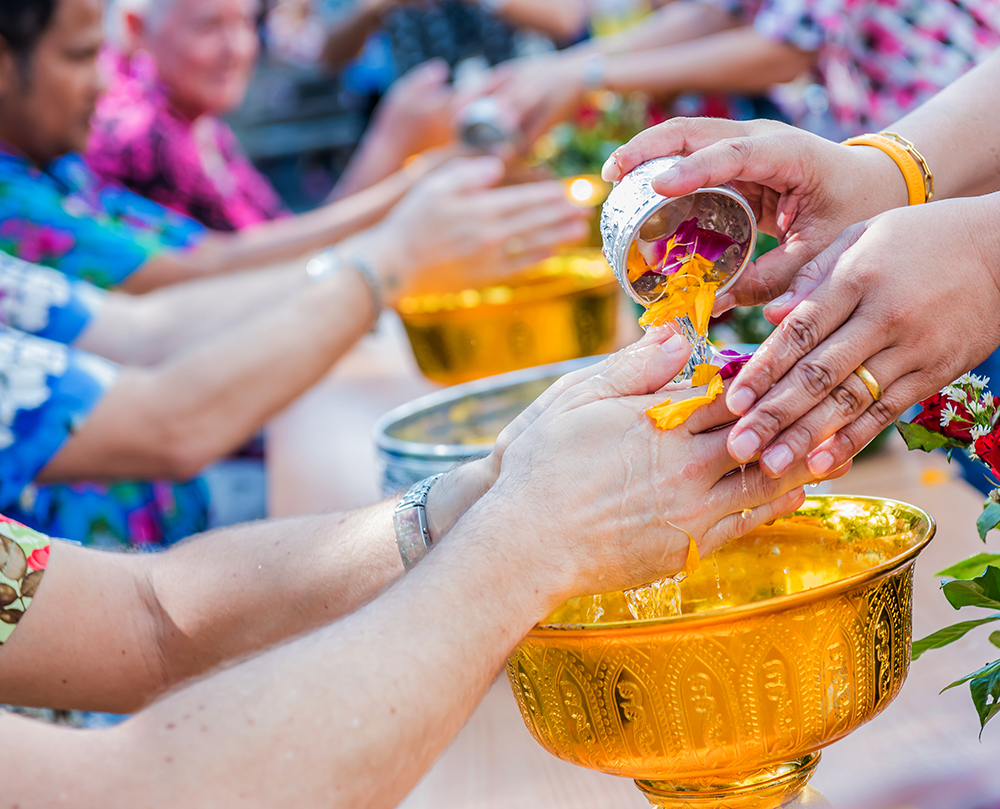
The Songkran Festival is a long-standing tradition, with the word “songkran” referring to the movement of the zodiac, or, in other words, a transition into a new year, and Thais have regarded Songkran as the new year since ancient times. Thai people enjoy activities such as feeding monks, pouring water on the heads of elders, playing with water, and putting cool powder on their faces, and it is considered a festival with economic value because it attracts a large number of foreign tourists.
The United Nations Educational, Scientific, and Cultural Organization (UNESCO) recently added “Songkran Festival” (Songkran in Thailand, traditional Thai New Year festival) to the list of Thailand’s “Intangible Cultural Heritage,” after Khon, Thai Massage, and Nora.
An Intangible Cultural Heritage (ICH) is not a World Heritage Site (World Heritage Site), since it is not a physical place, and UNESCO has stated that the term “World Heritage” refers only to specific places, such as archaeological sites, national parks, and so on.
However, Intangible Cultural Heritage can be considered equivalent to “World Heritage,” owing to its “intangible” worth, which is able to improve the lives of people and preserve their culture and valuable traditions, because it refers to cultural practices, expressions, knowledge, skills, tools, objects, artifacts, and spaces.
